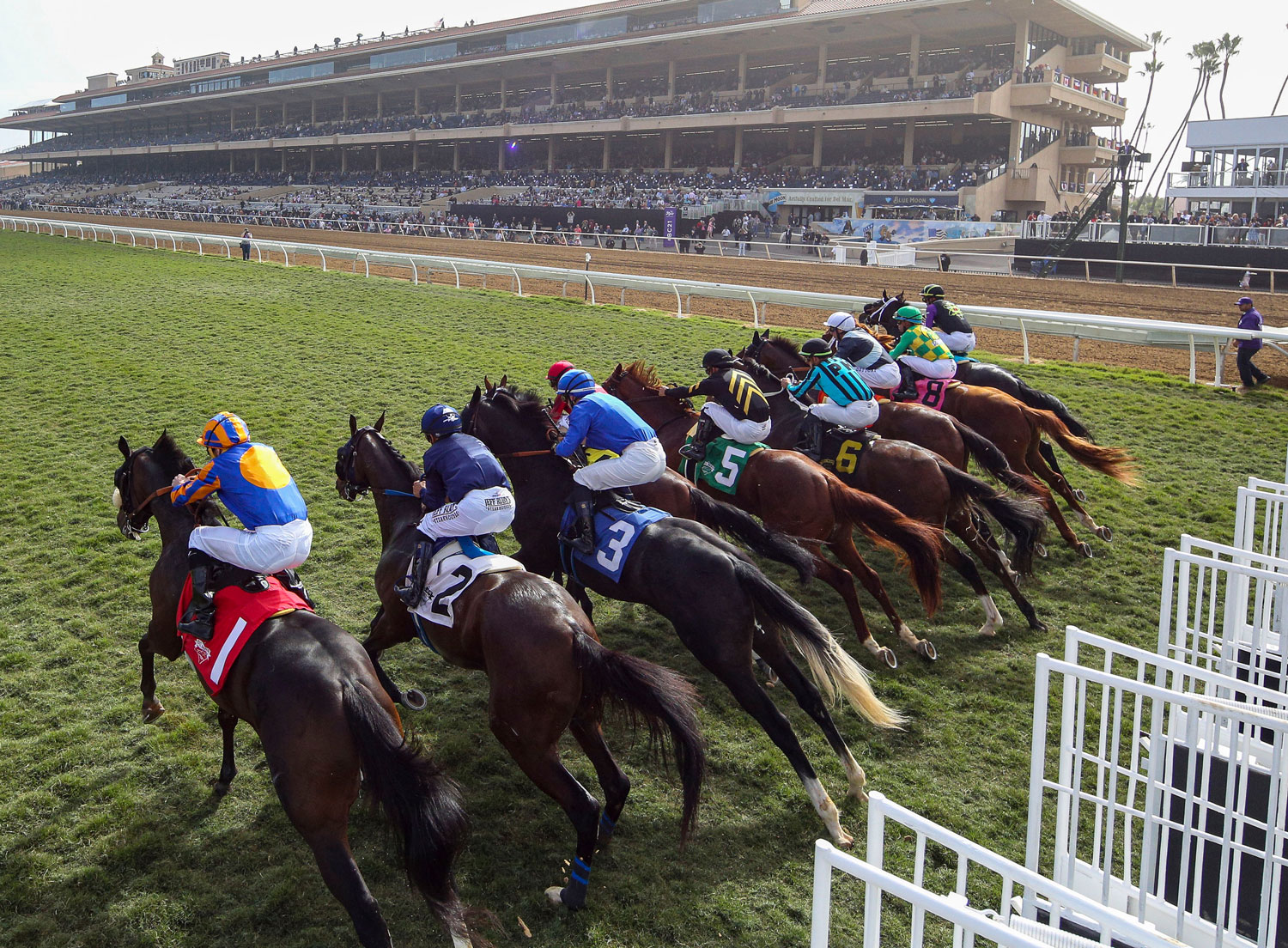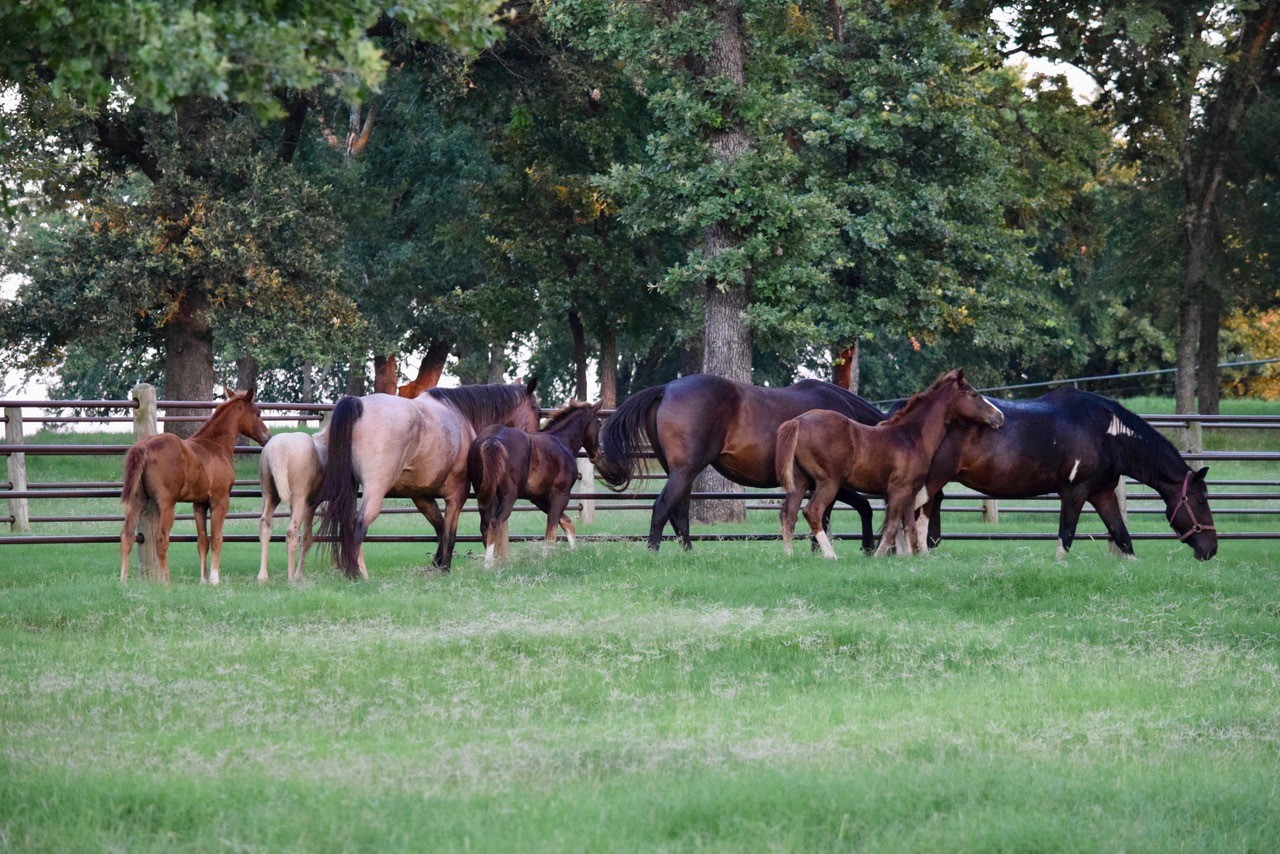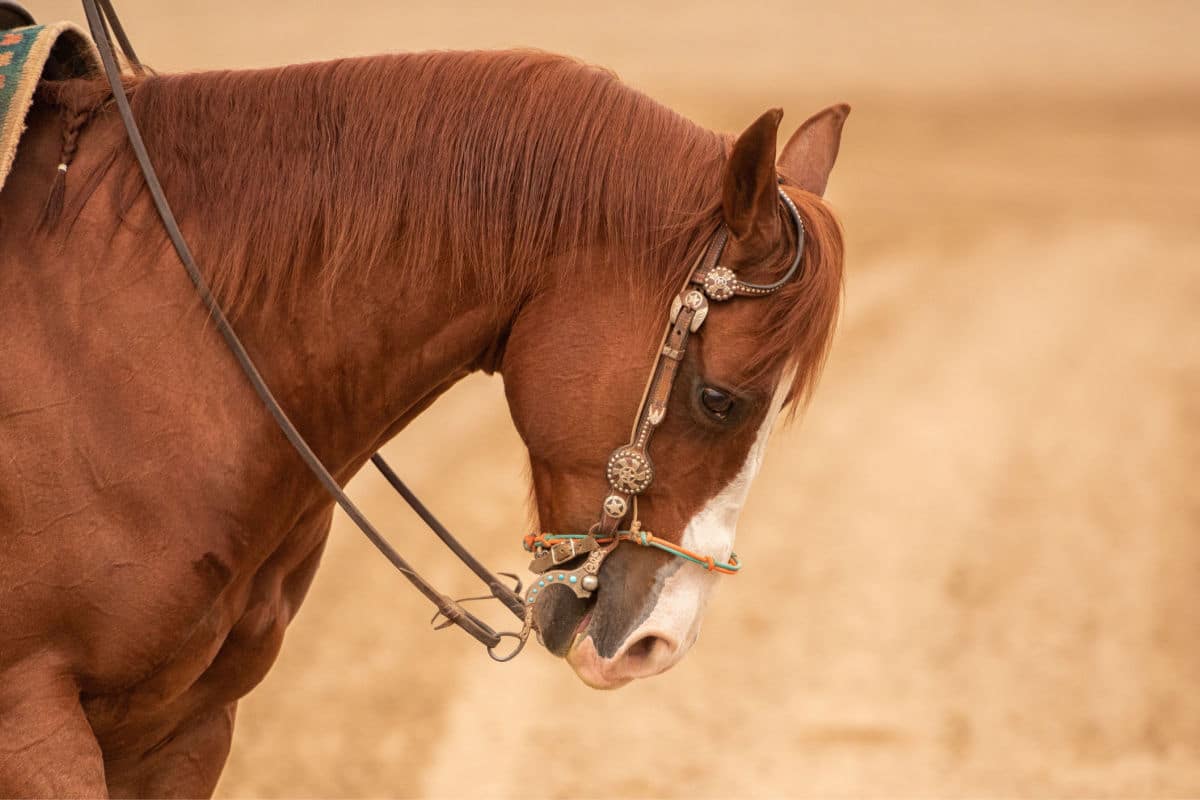In Monday Myths we debunk common misconceptions about a range of topics regarding equine digestive health and care. These are real statements made by real horse people. Have a question or topic you would like to see covered? Submit your idea here.

Statement: Colic is the number one medical cause of death in horses.
We’re not going to bother being coy about this one: it is absolutely true that colic is the top medical cause of death in horses today. Colic simply means pain anywhere within a horse’s gut; but is generally used among horse men and women to refer to painful spasms in the colon or other areas of the GI tract. These may be the result of gas build up, impactions (blockages), torsions (twists), foreign objects, parasites cancer, and others. It can range from a simple gas colic that resolves on its own in a few hours, to a serious problem requiring surgery. It may even lead to death. Colic is a significant risk, of which all horse people need to be aware. Know the signs a horse may be colicking, and know what to do when it happens. (Call the vet immediately, for starters.) However, the myth many people buy into is that all we can do about colic is recognize when it’s happening, take steps to resolve it, and hope for the best.Surviving Colic Doesn’t Stop Colic
The Crusade Against Equine Colic has declared the month of June “Equine Colic Awareness Month”. The theme for 2013 is “Surviving Colic Doesn’t Stop Colic. Make a Change.” The take-home message is that it’s not enough to recognize and manage colic when it happens, although that is important. A Colic Awareness Month weekly blog series, featured on the Crusade Against Equine Colic website, addresses this in its first installment. Called “Intervention Isn’t Prevention”, this first blog article discusses four reasons equestrians need to focus on reducing colic risk, rather than simply managing colic when it occurs:- Managing a colic episode doesn’t prevent it from happening again
- Colic signals other potentially serious problems in the equine gut
- Underlying issues that could result in colic may also seriously affect behavior and performance
- The next colic might be the last colic.
Make a Change
Knowing what causes colic, how our modes of care impact equine gi tract health, and taking steps to support digestive health will go a long way towards reducing your horse’s risk for colic. Sand impaction, parasites, or enteroliths are examples of possible conditions that can produce colic symptoms, but they are rarely confirmed. In fact, over 80% of reported colic cases are deemed “idiopathic,” meaning they have no confirmed cause. In the majority of those cases, the cause is likely related to poor digestive health. Studies clearly link common practices, such as feeding grain-based feeds and keeping horses stalled, to increased colic risk. Here are steps you can take to promote digestive health in your horses:- Reduce concentrates in the diet
- Feed chaff mixed with concentrates to encourage chewing of every mouthful and slow ingestion
- Consider using (unmolassed) soaked beet pulp instead of grain: beet pulp is a complex carbohydrate and is fermented in the hind gut to produce the “good” VFA’s that horses need, unlike grains where simple carbohydrates like starches and sugar can create major issues.
- Feed in multiple small meals throughout the day
- Provide free access to quality forage
- Turnout as much as possible (especially with access to quality grass)
- Provide constant access to clean, fresh water
- Work with your vet to administer an appropriate deworming program
- Supplement to support healthy digestive structure and function




